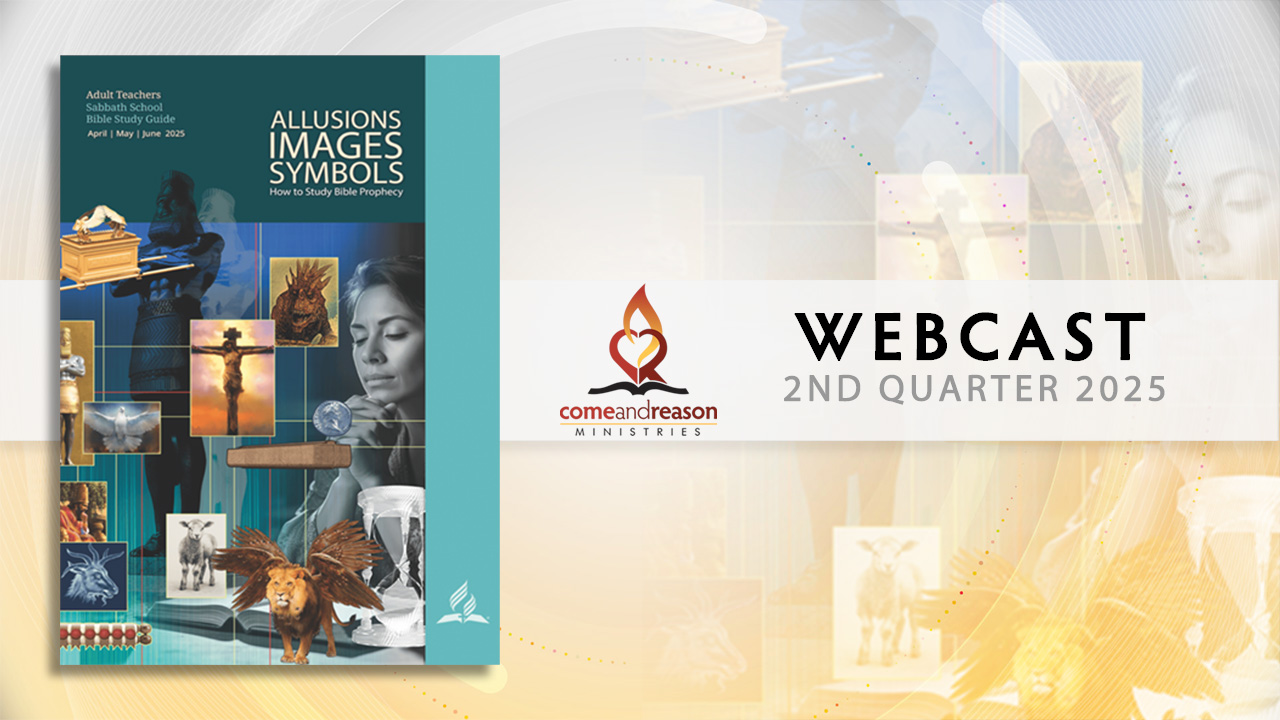Hi Dr. J,
Where and how does one draw the line between Christian reconciliation and not having contact with an individual who is verbally abusive?
This person (a professed Christian) has a history of verbal abuse, anger, and has even indirectly threatened his ex-girlfriend. There has been repeated angry outbursts and verbal abuse, and each of these episodes has been followed by apologies, mingled with religious sentiments. She has tried to be his friend but each time she tries to accommodate his need for continued friendship, his anger at the consequent break-up always results in curses and abuses towards her. Her close friends and the online literature indicate that she should cut all contact. Is this the “Christian” thing to do? Or must she continually allow him to carry out his abuse in the name of forgiveness and reconciliation?
Christian reconciliation is often confused with forgiving an offender and/or restoration of trust. The offended young lady, in her heart, needs to forgive in order to relieve her mind of bitterness, resentment, anger and allow herself to heal. However, forgiveness will only change her heart, not the heart or character of the abusive boyfriend. The abusive boyfriend must experience a genuine transformation of heart/character such that he loves others more than self before trust can be restored. The behavior you have described reveals that the boyfriend loves himself more than the young lady, and as long as he operates from a self-centered orientation he will inevitably betray and mistreat her in order to protect himself. Thus, while she needs to forgive so that she can heal, she should only trust when he, in fact is trustworthy.
Reconciliation is only possible when both the offended person forgives and the offender genuinely repents (experiences death to selfishness and love for others more than self). In the situation you have described the young lady can do nothing to cause a reconciliation because reconciliation is not possible as long as the abusive boyfriend remains as he is.
Her Christian duty is not to keep herself open to his mistreatment, but to use her influence as a positive example and witness to him of his own self-destructive behavior. Thus, the most loving action she can take, given the facts as you have described them, is to cut all ties – not because she is unloving, hard-hearted, unforgiving or mean, but because she loves him (as a Christian) too much to mislead him into thinking that his level of functioning is healthy or acceptable. In other words, she won’t have any contact with him because he is too unhealthy to handle such a relationship and to continue to do so assists him in self-destructive activities.
Finally, while being in a relationship like this is damaging to the young lady, it is even more damaging to the abusive man who, with each abusive act, hardens his own heart, sears his conscience, warps his character and takes himself further away from God’s healing plan. Understanding the devastating consequences that selfish behavior has on the perpetrator, allows for the Christian to set healthy boundaries, realizing it is the most loving and redemptive action possible.










 using your credit or debit card (no PayPal account needed, unless you want to set up a monthly, recurring payment).
using your credit or debit card (no PayPal account needed, unless you want to set up a monthly, recurring payment). instead?
instead?